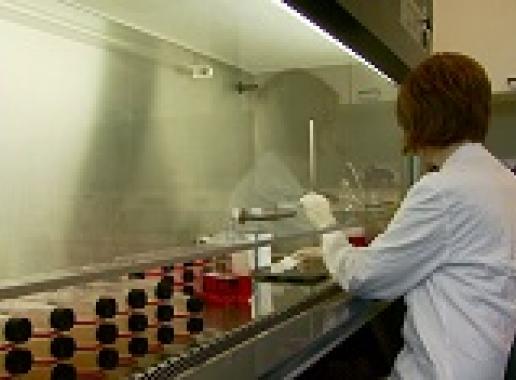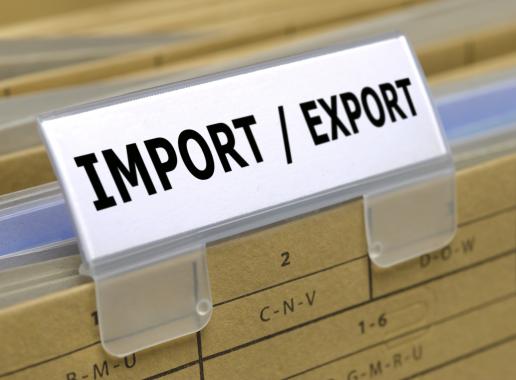Many organisations in the Netherlands, including hospitals, biotechnology companies and universities, work with biological material. In case of accidents, theft or misuse, some of these biological materials can be harmful to humans, plants or animals. The government wants laboratories to pay attention not only to biosafety but also to biosecurity, and is currently developing policy to this end.
The objective of the policy on biosecurity is to protect society by preventing the misuse of biological agents and related knowledge and technologies. Biosecurity policy is aimed at organisations that work with high-risk biological agents so that they can take measures to prevent misuse of these agents. Such policy also enables the monitoring of compliance with these measures. In the case of calamity, having an up-to-date overview of the locations of organisations that work with these high-risk biological materials will support safe and effective emergency assistance aimed at protecting humans, animals and plants. The duties of implementing biosecurity policy within an organisation can be assigned to a Biorisk Management Advisor (BMA).


